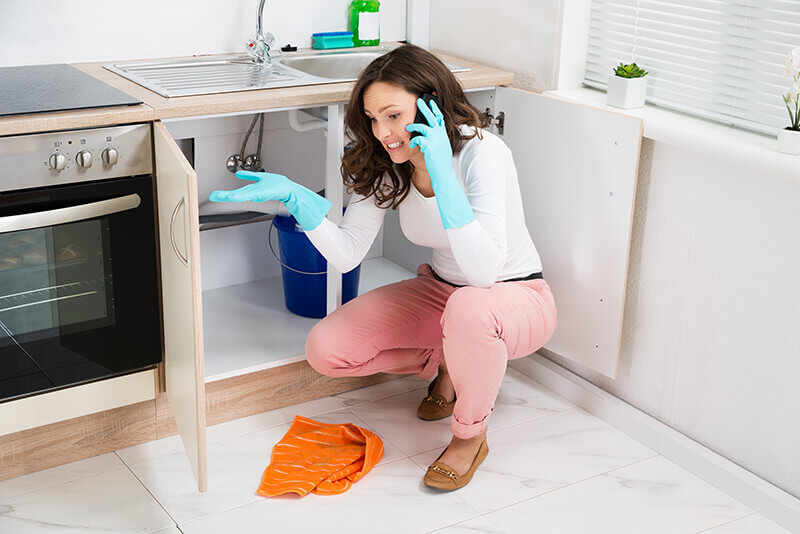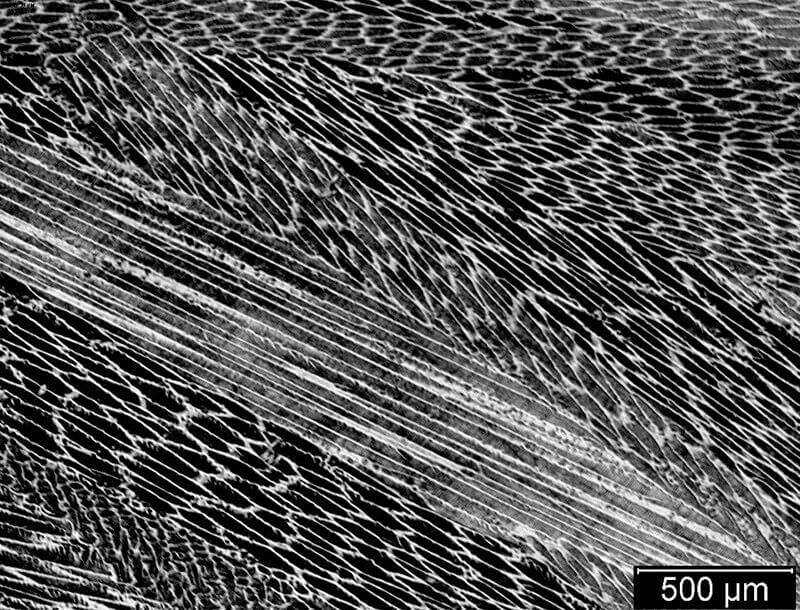March 14, 2019
Metal innovation offers a unique, cost-effective option for plumbing and manufacturing industries
 A new copper-manganese alloy innovation from Purdue University offers a unique option for the plumbing and manufacturing industries. (Stock photo)
Download image
A new copper-manganese alloy innovation from Purdue University offers a unique option for the plumbing and manufacturing industries. (Stock photo)
Download image
WEST LAFAYETTE, Ind. – A discovery made by researchers to help ensure water safety may have applications that reach far beyond plumbing. The researchers wanted to find alternative lead-free bronze alloys for use in water valves and the plumbing systems for more than 10 million homes in the United States.
The use of lead in such systems is greatly restricted in the United States because of health concerns. Purdue University’s team found new copper-manganese alloys that have higher strength and better castability compared to the current lead-free alternatives.
“Our alloys have been shown to have superior overall mechanical properties compared to other cast, lead-free alternatives,” said Kevin Trumble, a professor of materials engineering at Purdue and director of the Purdue Center for Metal Casting Research, who led the research team. “We are helping to meet the growing need for new alloys with superior mechanical properties, especially amid an increasing amount of government regulation requiring industries to reduce the lead content they use.”
 Purdue cast Cu-Mn alloy showing non-dendritic or cellular structure, completely free of solidification microporosity. (Image provided)
Download image
Purdue cast Cu-Mn alloy showing non-dendritic or cellular structure, completely free of solidification microporosity. (Image provided)
Download image
Plumbing fitting and valve manufacturers have traditionally used small additions of lead to improve machinability of the bronze alloys and to plug the continuous shrinkage porosity that develops because of their wide freezing range in casting. Those manufacturers have spent the past decade trying to find lead substitutes, such as bismuth, that are easy to use and affordable.
“These alloys solidify over a very narrow temperature range and are completely free of microscopic shrinkage porosity and have higher strength, so thinner-walled castings can be used compared to their counterparts,” Trumble said. “We have proven their effectiveness as feasible, cost-effective alternatives for water pumps and marine components, and now we are turning our attention to many other potential applications for our discovery.”
The Purdue researchers are testing their alloy on various valves, fittings and fixtures outside the plumbing and marine industries. Trumble said the economic advantages of using manganese, which is a more affordable alternative to other options, has been drawing interest from manufacturers across several industries.
Their work aligns with Purdue's Giant Leaps celebration, celebrating the global advancements in sustainability as part of Purdue’s 150th anniversary. This is one of the four themes of the yearlong celebration’s Ideas Festival, designed to showcase Purdue as an intellectual center solving real-world issues.
The researchers have worked with the Purdue Research Foundation Office of Technology Commercialization on patents for their innovations. They are looking for partners to license the technology.
About Purdue Research Foundation Office of Technology Commercialization
The Office of Technology Commercialization operates one of the most comprehensive technology transfer programs among leading research universities in the U.S. Services provided by this office support the economic development initiatives of Purdue University and benefit the university's academic activities. The office is managed by the Purdue Research Foundation, which received the 2016 Innovation and Economic Prosperity Universities Award for Innovation from the Association of Public and Land-grant Universities. For more information about funding and investment opportunities in startups based on a Purdue innovation, contact the Purdue Foundry at foundry@prf.org. For more information on licensing a Purdue innovation, contact the Office of Technology Commercialization at otcip@prf.org. The Purdue Research Foundation is a private, nonprofit foundation created to advance the mission of Purdue University.
Writer: Chris Adam, 765-588-3341, cladam@prf.org
Source: Kevin Trumble, driscol@purdue.edu

